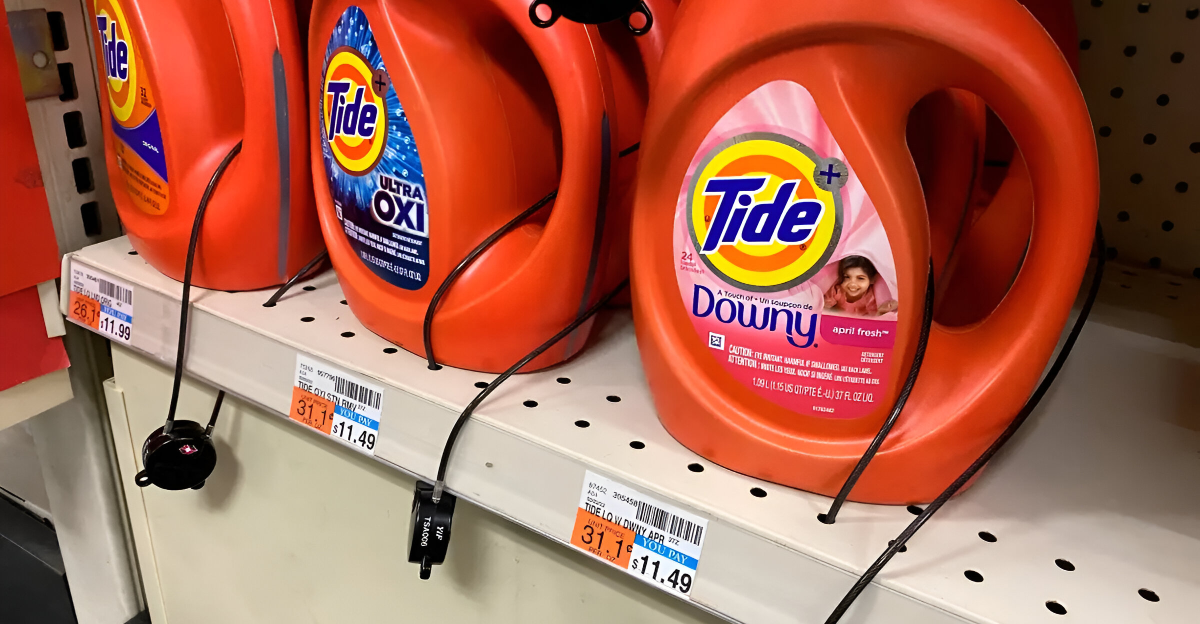
Going into your local CVS or Target used to be simple: a quick grab, a fast checkout. Now, you might find yourself waiting, unlocking glass cases, or searching for a staff member just to buy toothpaste or shampoo. This is what millions now face.
CVS and Target have turned routine shopping into a stressful maze of security steps. So how did we get here, and why is this trend driving customers away?
Why Stores Started Locking Everything Up
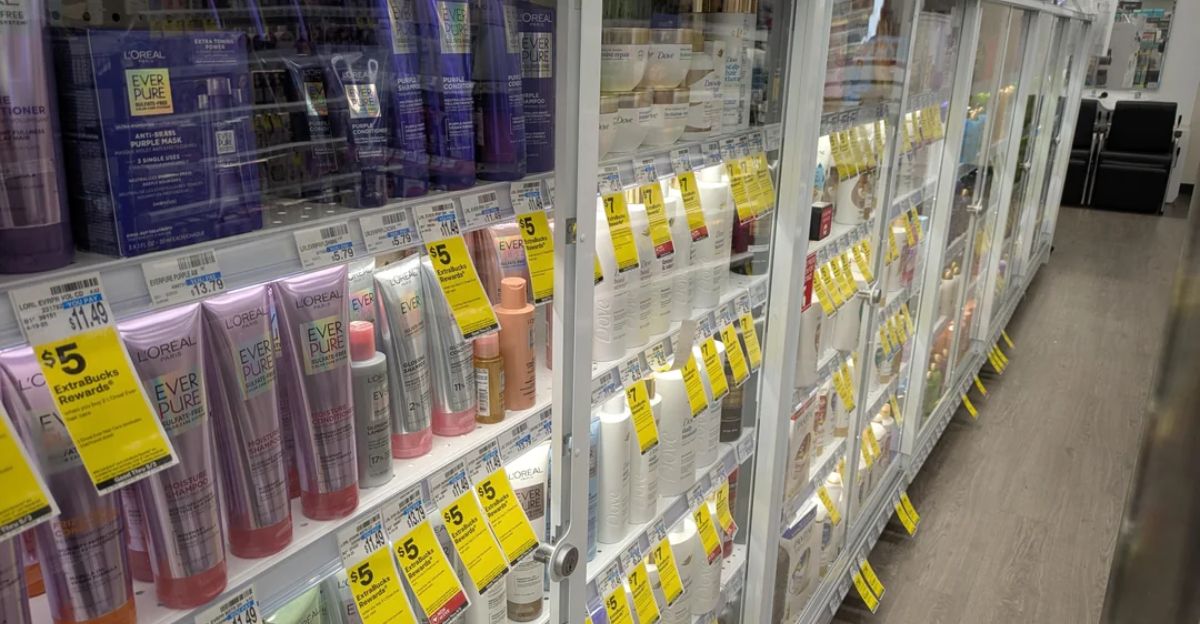
CVS, Target, and other big chains now lock up things like razors and deodorant. According to Numerator, 60% of shoppers regularly see locked products, and 61% say it’s gotten worse in the past year.
Even items under $10 are behind glass. You push a button, wait for staff, and hope someone shows up. Mass retailers are leading the way, 68% of shoppers report locked items at these stores. But this fix isn’t working.
The Crime Spike That Started It All
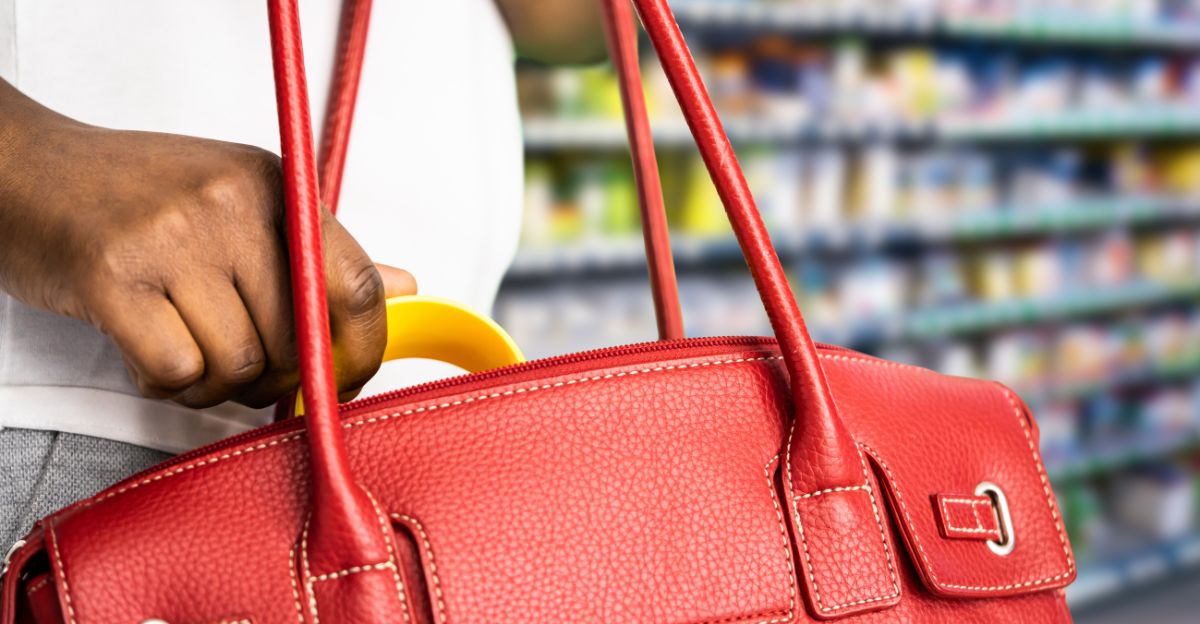
Retail theft has jumped sharply. The National Retail Federation says retailers lost $112.1 billion in 2022, up from $93.9 billion the year before. Organized crime groups were clearing shelves to resell goods online.
Auror’s 2025 Retail Crime Report says just 10% of offenders caused 68% of losses. Under pressure, big retailers like CVS and Target rushed to lock down stores to stop what felt like a growing crisis.
Why Companies Thought Locking Up Was Smart
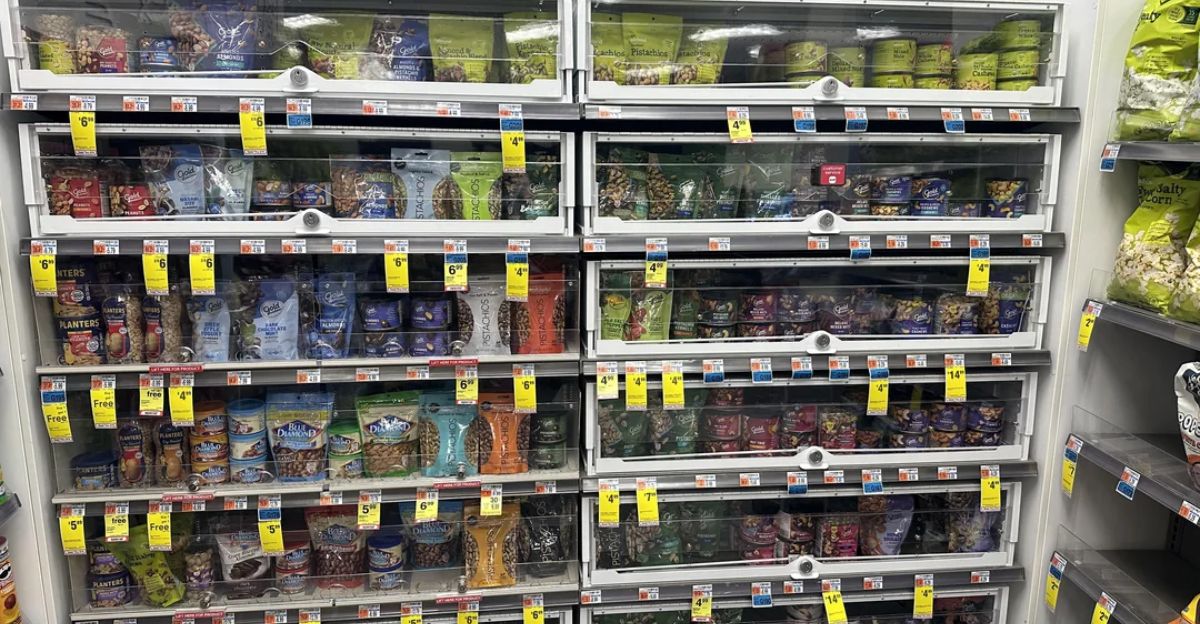
Retailers say they’re using a “data-driven” approach. CVS spokesperson Amy Thibault called locked cabinets a “last resort.” Target said locking items helps keep products in stock.
The idea was simple: lock high-theft items, add cameras, or use QR codes. It all sounded logical, keep thieves out and protect products. But the plan didn’t account for how regular customers would respond.
Shoppers Go Public With Frustration
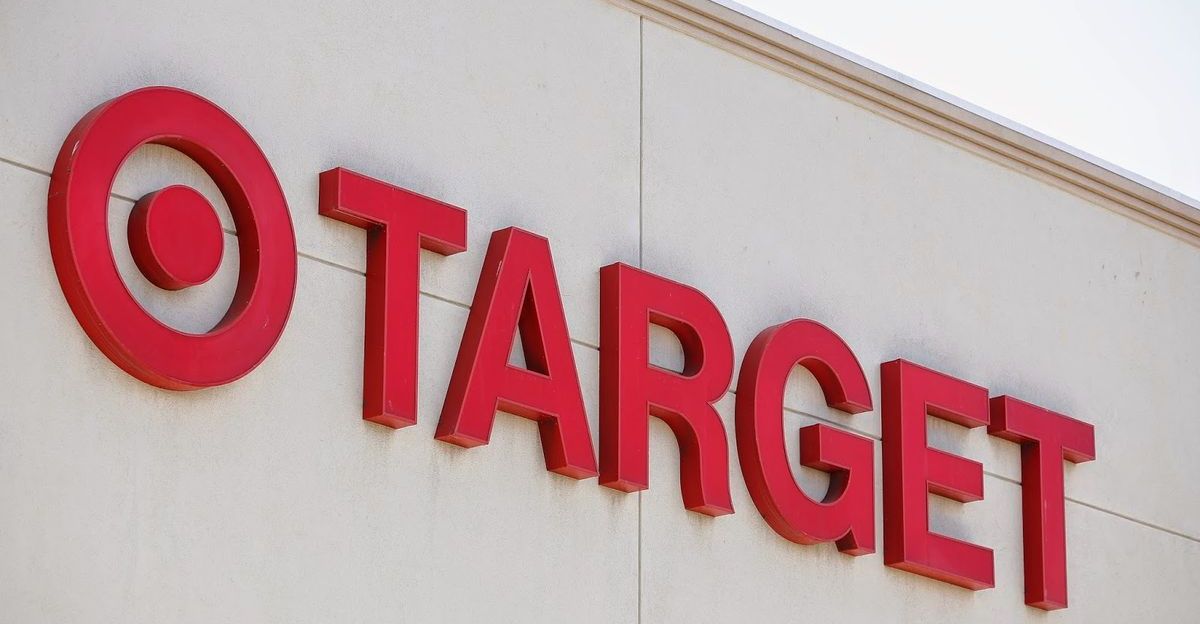
Social media lit up fast. Dr. Emily Long’s viral TikTok called Target a “dystopian nightmare,” showing her hour-long hunt for toiletries. The clip pulled in 3.5 million views, according to multiple news reports.
Viewers shared similar complaints: “I refuse to ask for help to buy deodorant.” Across platforms, the message was clear, shoppers were fed up and walking out.
Lock It Up, Lose the Sale
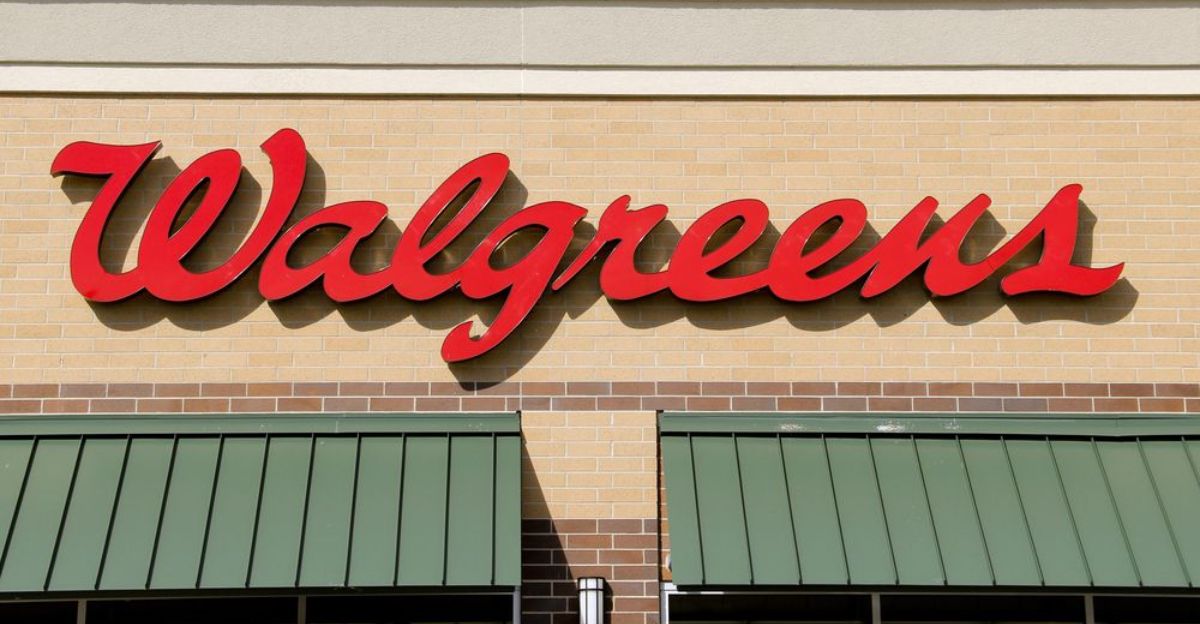
The numbers speak loudly. Locked items see sales drop 15–25%, says Joe Budano, CEO of Indyme. GlobalData reports nearly $340 million lost from locked goods, while Amazon gained $200 million as shoppers gave up.
Walgreens CEO Timothy Wentworth admitted, “When you lock things up, you don’t sell as many.” Trying to prevent theft might be costing retailers even more.
Staff Are Feeling the Strain
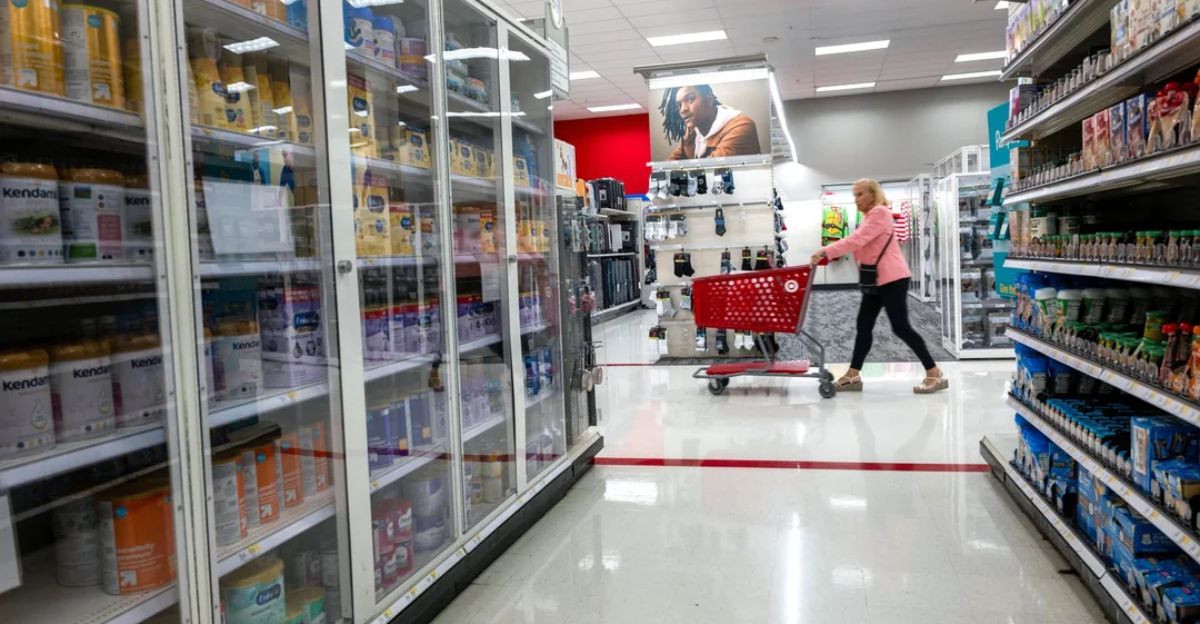
Employees are stuck in the middle. CVS and Target workers say they’re told not to confront thieves but are still expected to unlock cabinets all day, according to Business Insider. CVS staff report known shoplifters come back regularly, yet policies forbid action.
Former CVS manager Chris Lenz called understaffing “a conscious policy.” Some pharmacists have walked out from the pressure.
Experts Say This Will Backfire
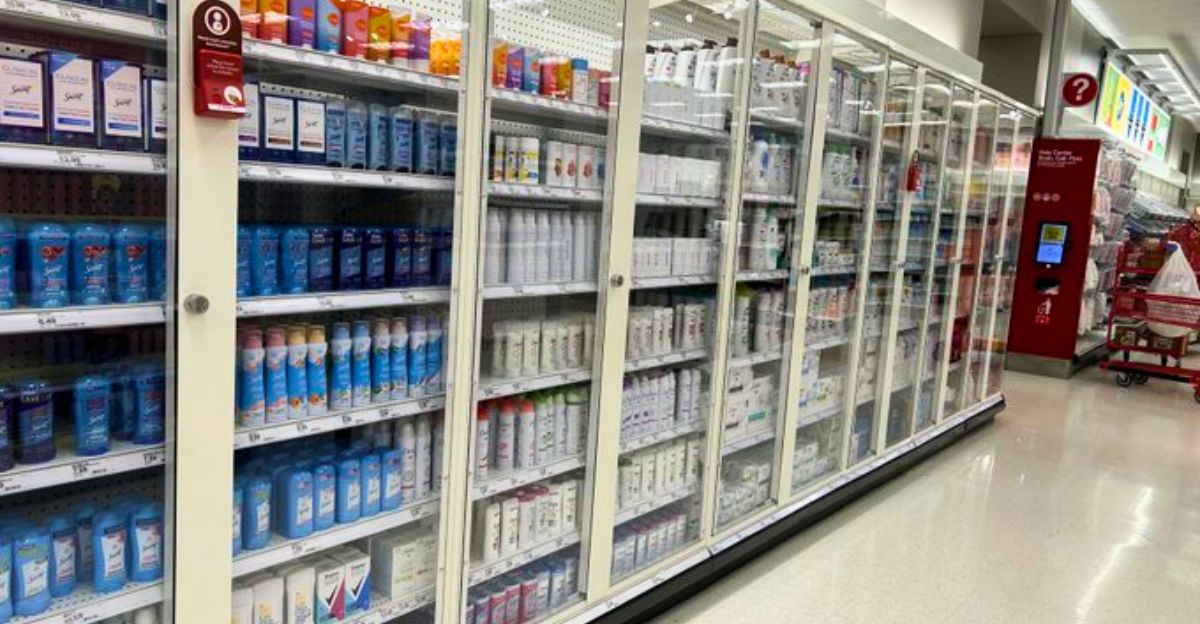
Retail experts have been warning retailers for months. Neil Saunders of GlobalData told Axios, “Locking up products worsens the shopping experience.” Surveys show more than 70% of shoppers associate locked shelves with unsafe neighborhoods.
It’s not just bad customer service, it affects how people view the brand. Locking up essentials may be hurting trust more than retailers realize.
Tech Fixes Bring New Problems
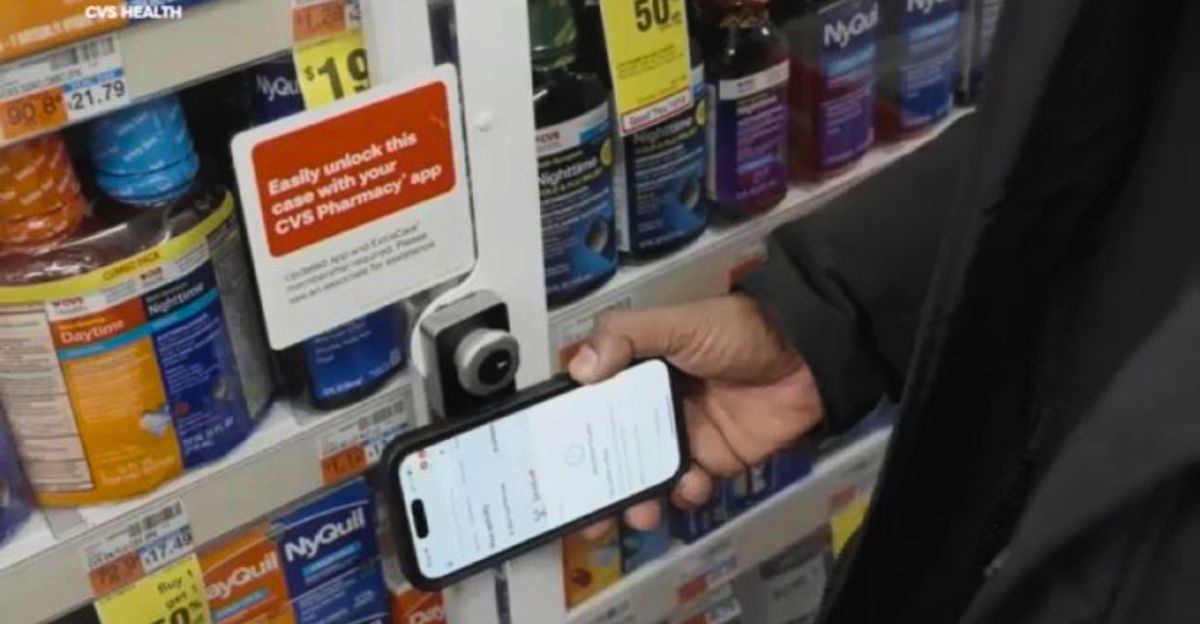
CVS is testing an app that lets ExtraCare members unlock cabinets with their phones. But it requires store WiFi, Bluetooth, and downloading the app, according to multiple reports.
Critics say it’s too much just to buy toothpaste, and it raises privacy concerns. Only a few stores have it so far. Instead of making shopping easier, this tech adds new hurdles.
Companies Still Say It’s Working
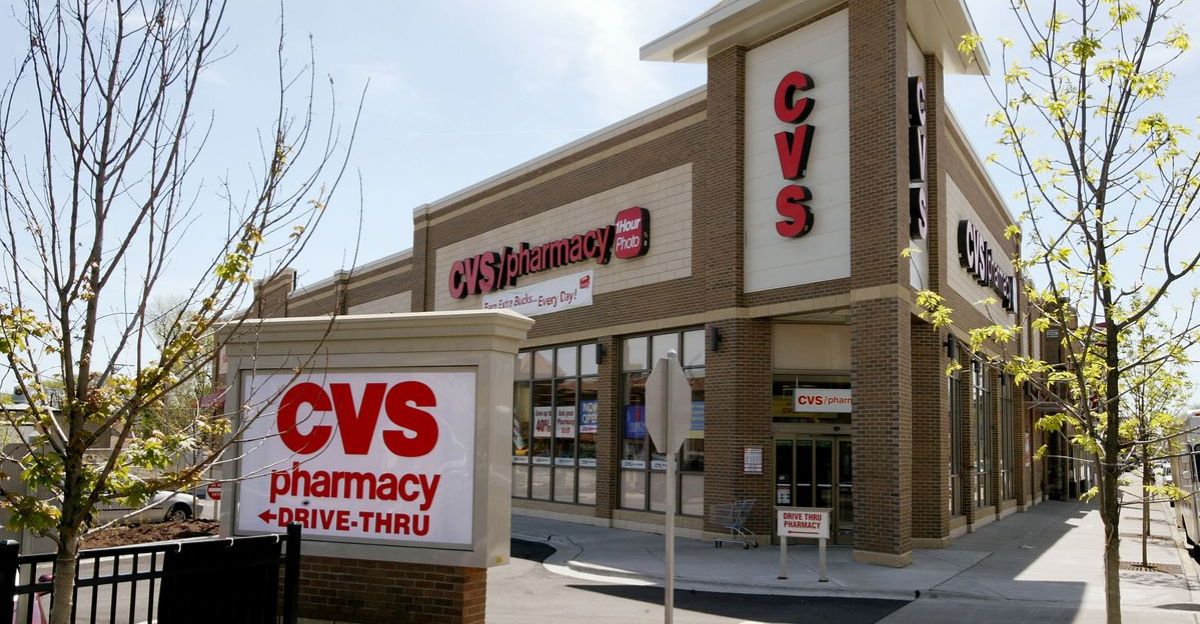
Despite the backlash, companies aren’t backing down. CVS says its “data-driven” strategy supports the lockups, calling it a “measure of last resort,” according to spokesperson Amy Thibault.
Walgreens says decisions depend on theft rates. Target CEO Brian Cornell even claimed shoppers feel “grateful.” But studies show over 25% of customers walk away. Shoppers and executives seem to be worlds apart.
Shoppers Are Going Elsewhere
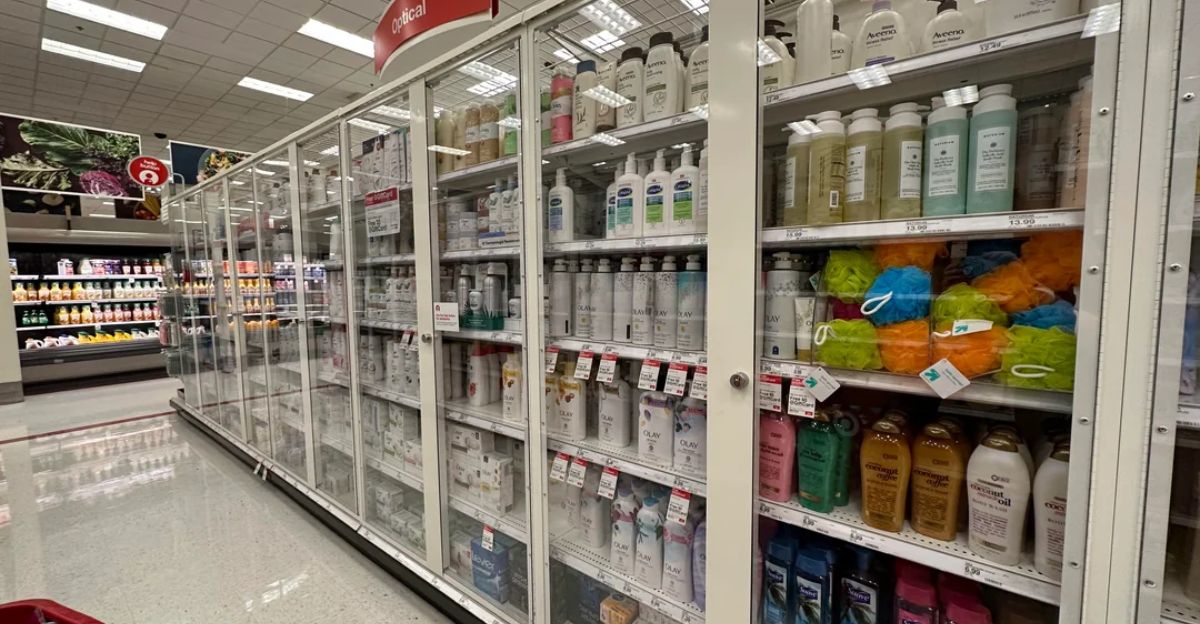
Many shoppers aren’t waiting around, they’re moving on. According to Consumer World research cited in retail reports, 27% of people either leave the store or head to a competitor when they encounter locked shelves.
Even Amazon is gaining ground. CEO Andy Jassy noted increased use of Amazon Pharmacy as customers look for easier options. Nearly 45% of frustrated shoppers now turn to online or third-party sellers instead, often for good.
It’s Not Just CVS and Target
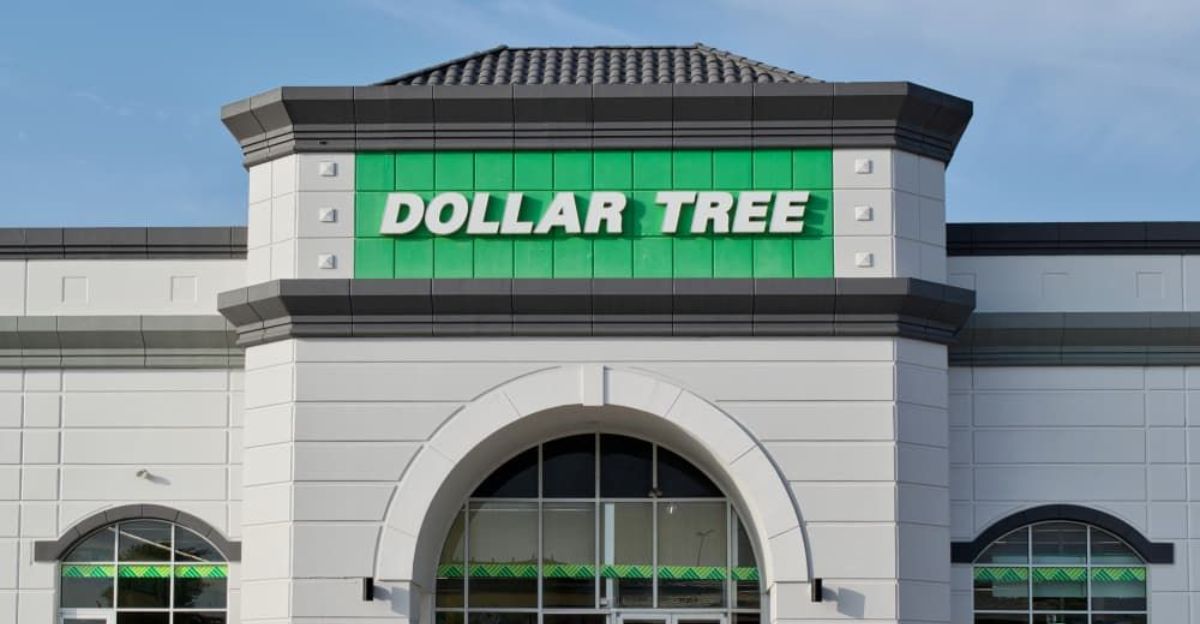
Other chains are now following suit. Walgreens, Dollar Tree, Walmart, and Home Depot have all rolled out similar security measures. But the consequences are mounting. According to company announcements, Walgreens plans to close 1,200 stores over three years starting in 2024.
CVS has already shuttered about 900 stores between 2022 and 2024 as part of a planned reduction. The cost of locking up may now outweigh the losses from theft, leaving shoppers caught in the middle.
Security That Feels Like Punishment
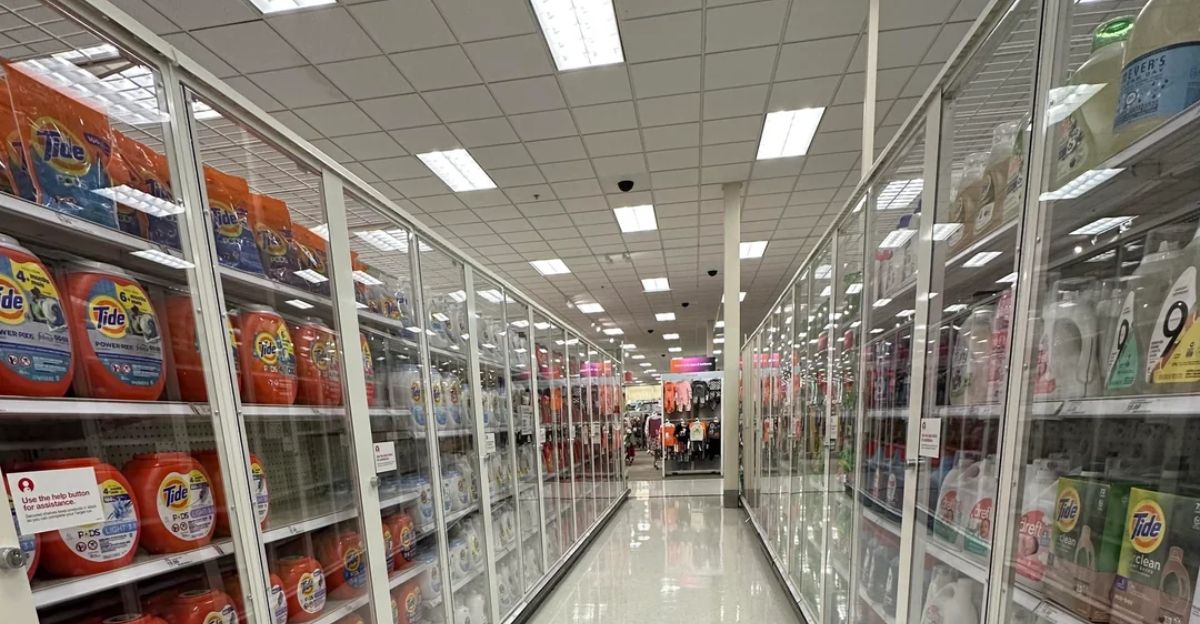
Here’s the deeper problem: locked merchandise makes shoppers feel unwelcome. Honest customers face delays, awkward waits, and even anxiety. Studies show wait times often feel 2 to 3 times longer than they are.
This kind of shopping stress keeps people away. Stores trying to stop crime may be hurting the very people they want to keep. And that’s a tough problem no lock can fix.
Better Ideas Retailers Should Try
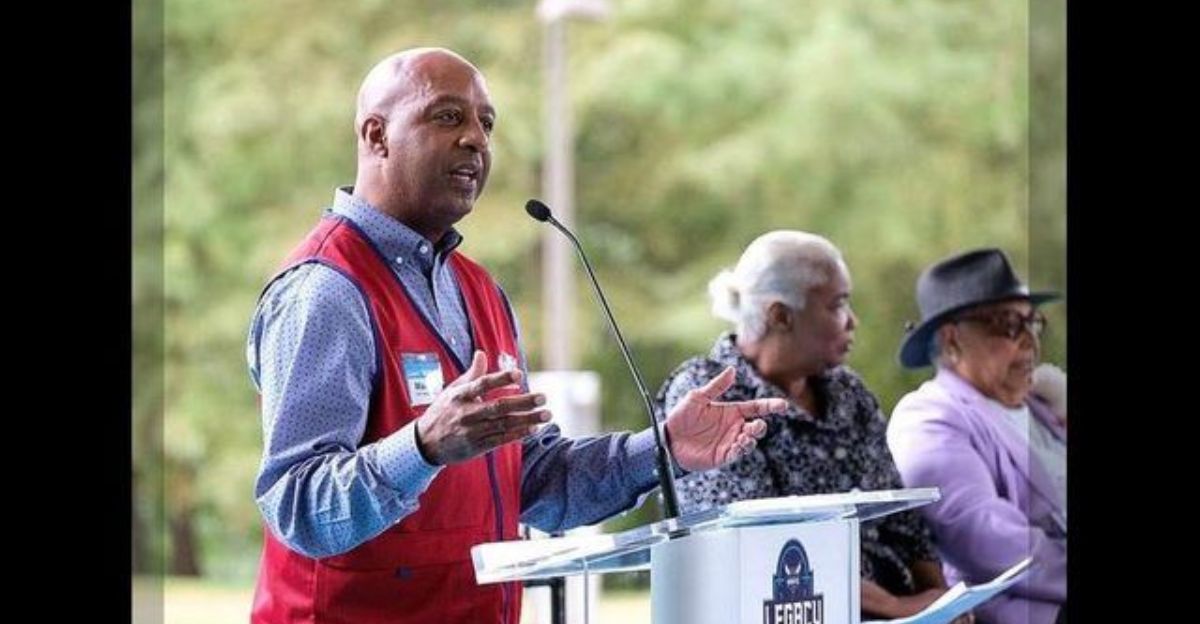
Experts say there are smarter ways to reduce theft. More floor staff, smarter layouts, better lighting, and kind service all help. Lowe’s CEO Marvin Ellison put it best: “Customer service, when applied effectively, is the most significant deterrent to theft activity.”
CVS’s app is one try, but the bigger fix is going back to what works: making stores feel open, safe, and friendly to honest customers.
Time for a Rethink on Retail Security
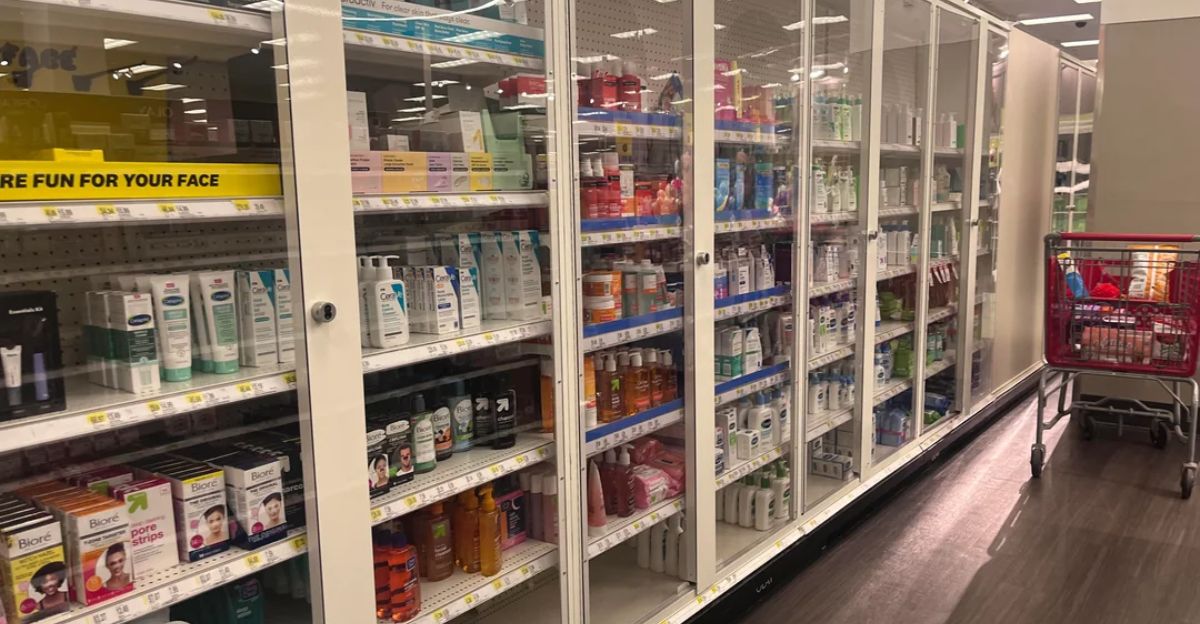
CVS and Target may have gone too far. Shoppers are walking out, not because of thieves, but because they feel unwelcome. If security tools hurt sales more than theft does, something has to change.
Retailers now face a choice: keep locking things up and losing customers, or rethink the experience altogether. Have you faced locked shelves lately? Was it worth the wait, or did you just shop somewhere else?